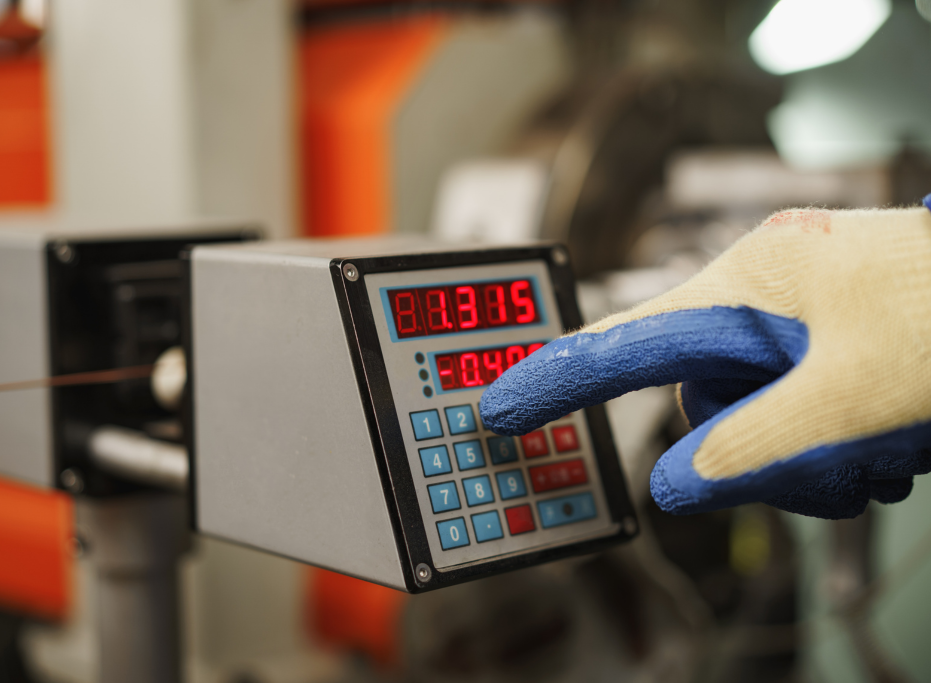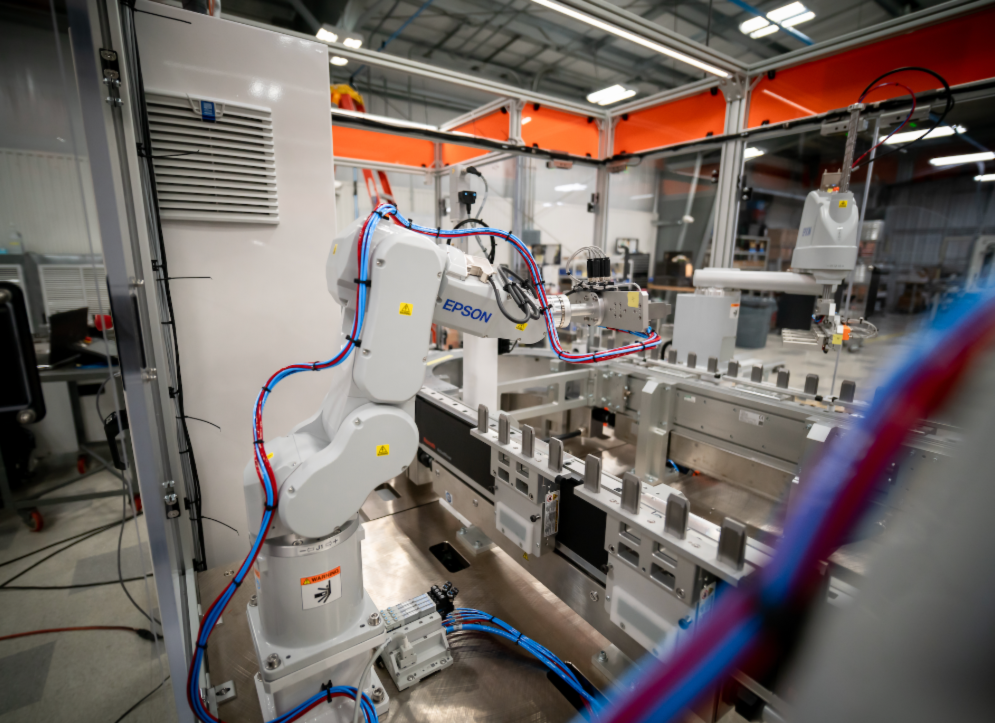Predictive Quality Analytics in Manufacturing and AI’s Impact
TESSY AUTOMATION INDUSTRIAL DIGEST
Welcome to this month’s edition of the Automation Digest, where we explore the cutting-edge advancements in industrial automation and the implications for the medical device industry. In this issue, we delve into the powerful potential of Predictive Quality Analytics in Manufacturing and the Impact of AI, unraveling how these technologies are revolutionizing quality control processes. We also examine 3 Key Trends for the Future of Medical Device Automation, shedding light on the innovations that will reshape healthcare as we know it. Moreover, we discuss the Importance of Digitization for Medical Device Manufacturers, highlighting the transformative effect of digital technologies on production efficiencies and market responsiveness. Finally, we address the pressing issue of a Shortage of Skilled Workers and Technology, which is leaving 40% of manufacturers struggling to stay competitive.

Predictive Quality Analytics in Manufacturing and the Impact of AI
Artificial intelligence (AI) and machine learning will continue to have an increasing impact on the manufacturing industry, specifically in the realm of predictive quality analytics. The article explains how AI and machine learning are transforming the way manufacturers approach quality control and improvement. By analyzing vast amounts of data and identifying patterns and trends, these technologies can help predict potential problems and issues before they occur. This allows manufacturers to proactively address quality concerns and improve their processes, resulting in higher levels of efficiency and customer satisfaction. The article highlights the benefits of predictive quality analytics and emphasizes that, in the age of AI and machine learning, manufacturers who embrace these technologies will be well-positioned to stay ahead of the competition and achieve success in the rapidly evolving world of manufacturing. Read More.

3 Key Trends For The Future Of Medical Device Automation
This article from Medical Device Online, highlights the increasing demand for automation in the medical device industry, driven by factors such as the need for improved efficiency, accuracy, and cost-effectiveness in healthcare. The article also mentions the growing adoption of artificial intelligence and machine learning, which are transforming the way medical devices are designed, developed, and used. Additionally, the article notes the importance of regulatory compliance and the role of standards organizations in shaping the future of medical device automation. The article concludes by emphasizing the need for medical device companies to stay ahead of the curve by embracing these emerging trends and technologies.

The Importance of Digitization for Medical Device Manufacturers
The article highlights the importance of digitization for medical device manufacturers. It notes that the medical device industry is undergoing a digital transformation, driven by the increasing use of technology and data in healthcare. The article explains how digitization can improve various aspects of medical device manufacturing, such as product design, development, and production. It also discusses the benefits of digitization for both manufacturers and customers, such as increased efficiency, cost savings, and improved patient outcomes. The article concludes by emphasizing the need for medical device manufacturers to embrace digitization in order to remain competitive and meet the changing needs of the healthcare industry.

Shortage of Skilled Workers and Technology Leave 40% of Manufacturers Struggling to Stay Competitive
A recent study conducted by Rockwell Automation found that 40% of manufacturers are struggling to remain competitive due to a shortage of skilled workers and technology. The study highlights the critical role that technology and a trained workforce play in the success of a manufacturing business. With the rapid pace of technological change and a shortage of workers with the necessary skills to keep up, many manufacturers are finding it challenging to stay ahead of the competition. The article emphasizes the importance of investing in technology and training programs to help bridge the skills gap and ensure the continued success of the manufacturing industry. By doing so, manufacturers can remain competitive, improve their operations, and meet the evolving demands of the marketplace.

Streamlining The Manufacturing Process To Improve A Critical Care Medical Device [Case Study]
Through dynamic engineering and agile manufacturing, Tessy Automation was able to take continuous improvement to the next level. In partnership with Tessy Plastics, we took on the challenge of improving a critical care medical device while concurrently streamlining the manufacturing process.
